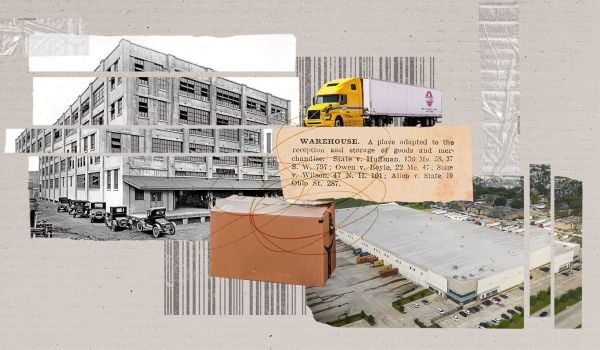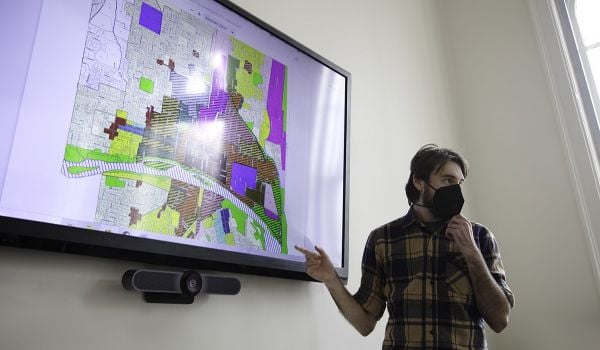In 2013, Pittsburgh assembled a task force to assess barriers to fair housing and create recommendations for overcoming them. On Wednesday — the 50th anniversary of the Fair Housing Act — the group unveiled a comprehensive series of draft recommendations, including increased legal assistance for renters facing eviction and inclusionary zoning.
“Today is an historic day for Pittsburgh and also for our nation,” said Carlos Torres, executive director of the Pittsburgh Commission on Human Relations, according to the Pittsburgh Post-Gazette.
The 15 proposals range from upping education and training around fair housing issues to zoning changes, like raising the city’s residential occupancy limit, to mandatory inclusionary zoning. In Pittsburgh, that nationwide buzz term would mean requiring developers building new housing to include a certain percentage of affordable units, according to the Post-Gazette.
In 2016, CityLab reported that Pittsburgh was considered one of the most affordable cities in the U.S. — but that “affordability” wasn’t equally distributed, and certainly didn’t apply to the 17,241 households earning less than 50 percent the city’s median income. And gentrification has hit the city hard. Like so many U.S. cities, redlining led to disinvestment in Pittsburgh neighborhoods housing people of color, and then around 2000, private equity investors began seeking out those same neighborhoods for flips and luxury developments. The East Liberty area is a prime example.
But mandating inclusionary zoning could be tricky. Mayor Bill Peduto said Wednesday that he had not yet seen the proposals, but told the Post-Gazette that any such measure would have “to be done at the [neighborhood] level,” and couldn’t be enacted city-wide.
“You have to work with what is in the legal purview of a property owner in the state of Pennsylvania,” he added.
And the legality of inclusionary zoning in Pittsburgh really depends on how such policy — and its goals — are framed, as PublicSource.org has covered. While Pennsylvania (unlike, say, Georgia or Texas) doesn’t currently have any kind of preemption law around rent control or linkage fees, builders and developers in other states have tried to block inclusionary zoning ordinances as unlawful “exactions,” or requirements that local governments impose before approving a developer’s land-use permit.
“It would be very difficult for the city to prove in court that a developer’s new market-rate housing in the south side somehow has a direct effect on the problem of rising rents and lack of affordable units in Lawrenceville,” PublicSource.org reports. “If there is no direct connection, then courts that view the policy as an exaction will likely find the requirement to build affordable units on-site or off-site to be unreasonable.”
In other words, the city, likely afraid of state-level legal action, is being cautious. In Philadelphia, a proposal to create a mandatory inclusionary housing policy last June was widely opposed by the Building Industry Association of Philadelphia (BIA) and pulled before it went up for a vote. The city eventually struck a compromise with local developers, and released a proposal yesterday featuring a 1-percent tax on construction costs and a set of new zoning bonuses to encourage, rather than mandate, more affordable units.

Rachel Dovey is an award-winning freelance writer and former USC Annenberg fellow living at the northern tip of California’s Bay Area. She writes about infrastructure, water and climate change and has been published by Bust, Wired, Paste, SF Weekly, the East Bay Express and the North Bay Bohemian
Follow Rachel .(JavaScript must be enabled to view this email address)
















